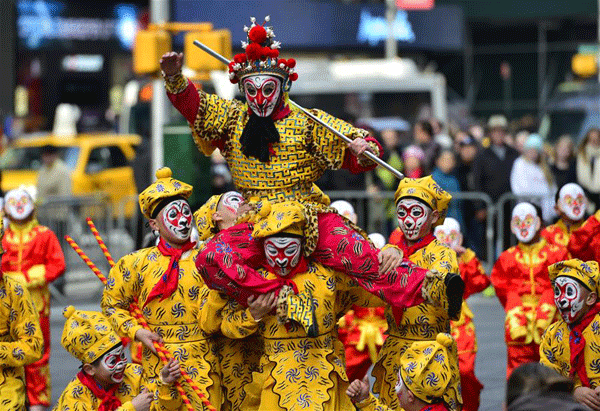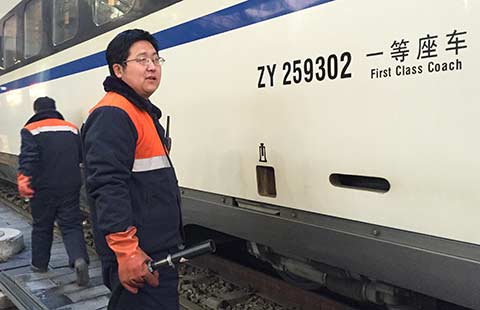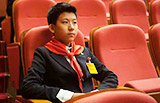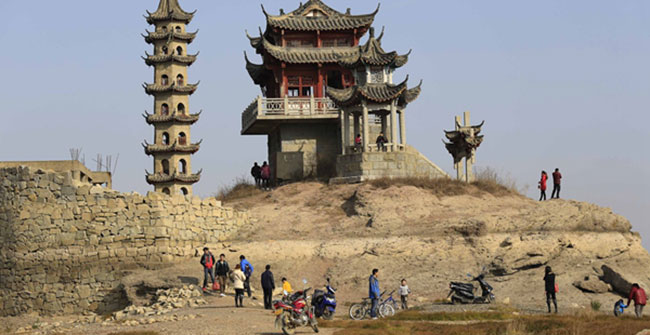Chinese Lunar New Year celebrations go global
(Xinhua) Updated: 2016-02-09 02:48
BEIJING -- Fourteen-year-old Chen Yiyue, who is half-Chinese, half-French, has always relished the atmosphere of a Chinese Spring Festival celebration.
When her mother invites friends to dine with them during that festival, the table is full of delicious food, ladies all wear red and grandparents give her cash-stuffed red envelopes.
Yiyue's father Herve Delmaire immediately fell in love with the festival when they started celebrating it about 10 years ago, and actively joins in the preparations each year, always rushing to decorate rooms with red lanterns.
Now, their French friends ask the family each year on what day they celebrate the Chinese Lunar New Year.
For Yiyue's mother Chen Li, the Spring Festival celebration is more than a tradition to keep the memory from her hometown and home country alive.
It is also a chance for her husband and French friends to share in the joy and warmth of the traditional Chinese festival, and send good wishes to each other for the next year.
The themes of the festival, including reunion, luck, peace, affluence, good health and safety, are all ideals that Chinese people have held for thousands of years, said Feng Jicai, a famous writer and president of the Chinese Folk Literature and Art Association.
In order to be with families at the most important festival of the year, Chinese people travel long distances to go back home, as 2.9 billion trips are expected to be made during this holiday season.
However faraway and inconvenient -- even settling with a standing ticket for a 20-hour-plus trip -- Chinese people would not be willing to miss the annual family reunion.
They go home, bring gifts, hand out red envelopes to seniors and children, and offer their best wishes to each other for a good year.
- HK chief executive condemns riot, supports police to restore order
- Hong Kong overnight riot injures at least 48 police officers
- Special troops to help keep China-Pakistan corridor safe
- New policies to aid Belt and Road business ventures
- Zika curbs to include mosquito mass extermination
- Xi visits old revolutionary base areas ahead of Spring Festival
- Nation in bid to ward off the Zika virus
- Li drops in for a chat at historic mosque
- Prison time reduced after 11 show they regret crimes
- PLA vows support, contributions to military reform








